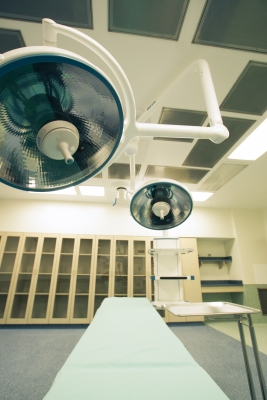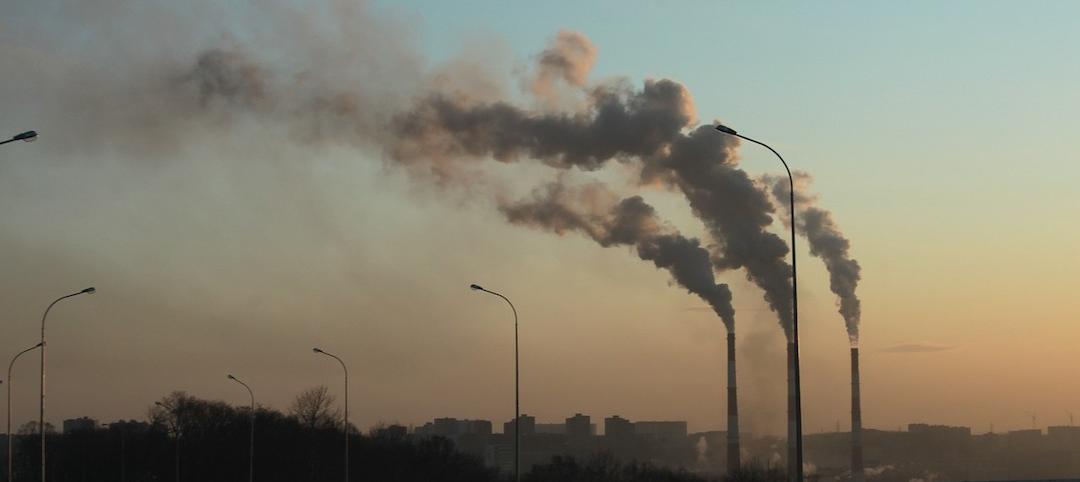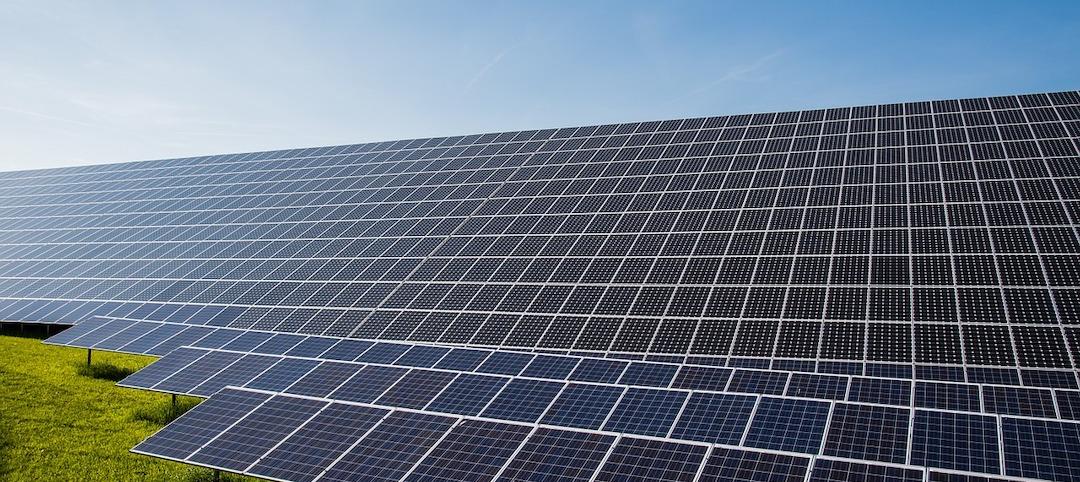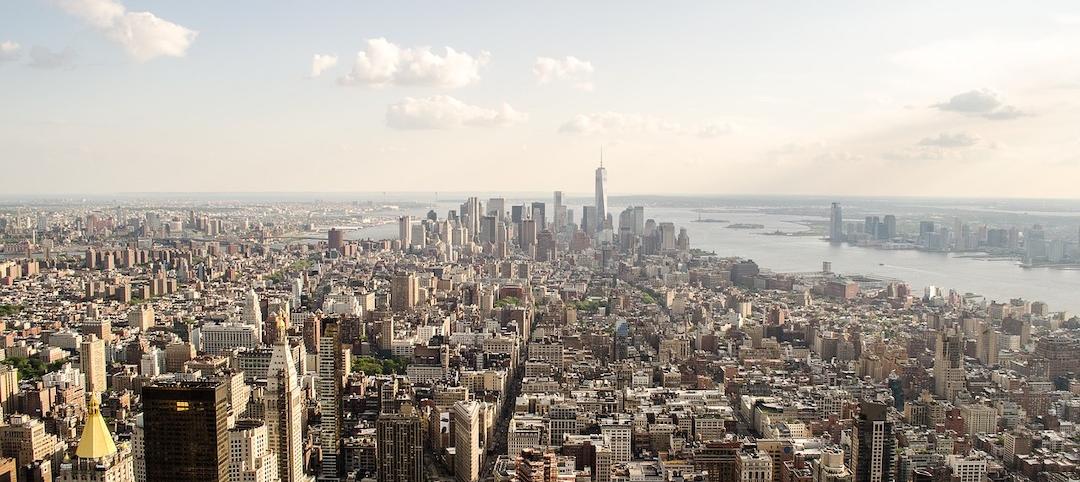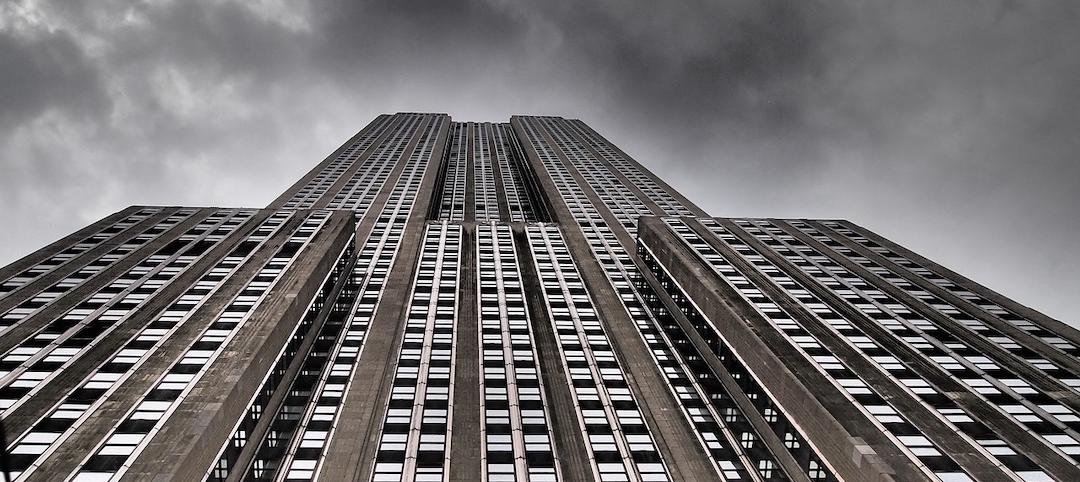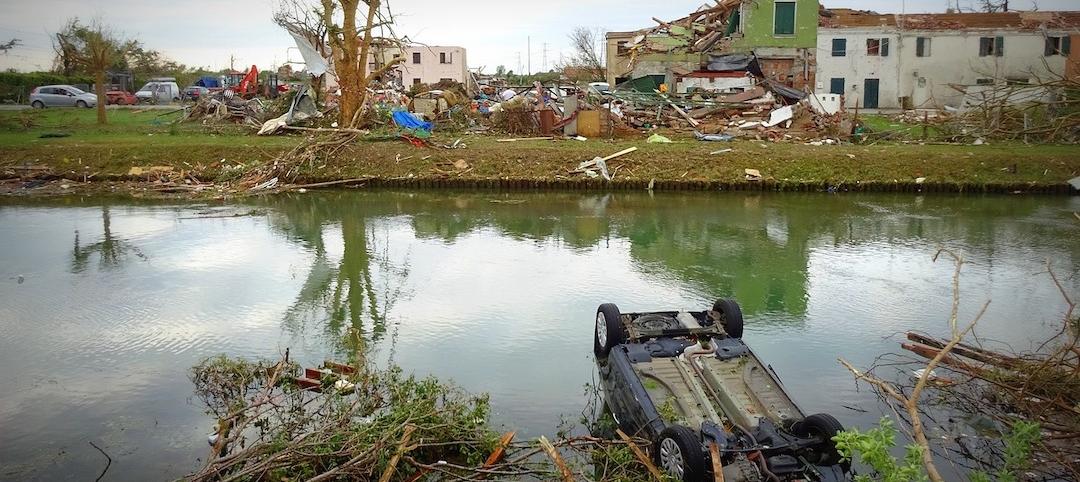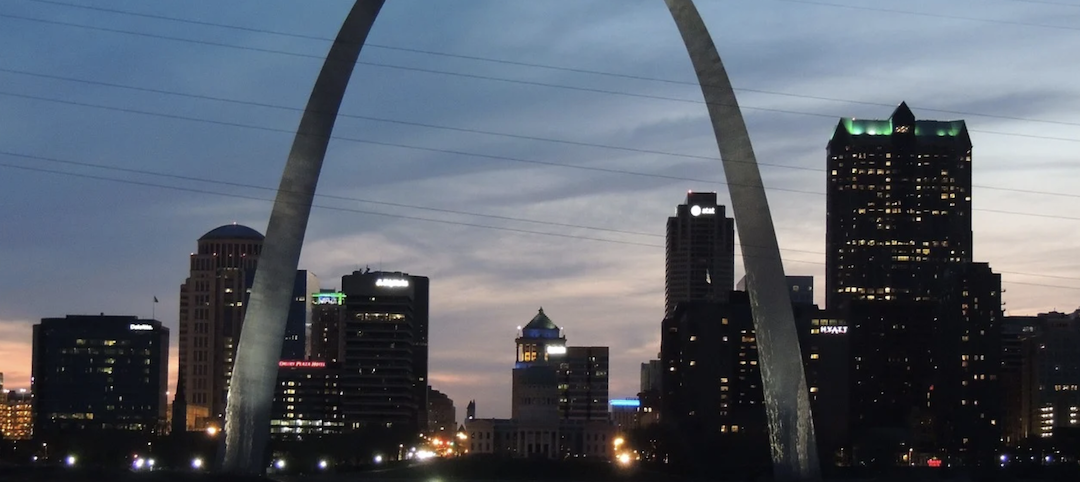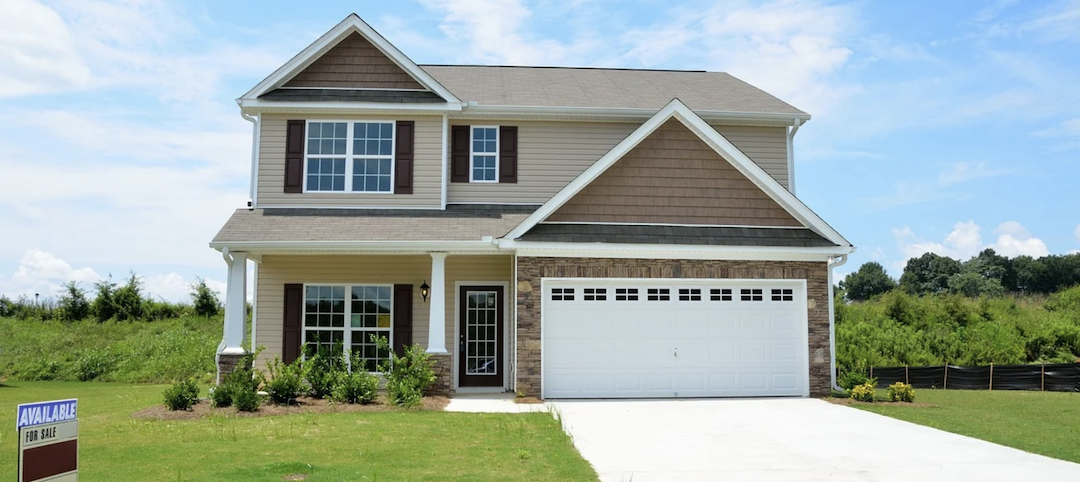The Centers for Medicare & Medicaid Services (CMS), an agency of the U.S. Department of Health and Human Services, published proposed rules this spring that would amend the fire safety standards for hospitals, long-term care facilities, ambulatory surgery centers, hospice inpatient, and many other healthcare facilities that participate in Medicare and Medicaid programs.
CMS proposed adopting the 2012 editions of the Life Safety Code, which includes measures devised by the National Fire Protection Association, and includes the Healthcare Facilities Code. A key change is a requirement that buildings over 75 feet tall have sprinkler systems throughout the structure. Existing buildings would have 12 years to install them.
Automatic sprinkler systems will be required in all habitable areas, closets, roofed porches, balconies, and decks of new residential health care facilities. CMS also strongly encouraged existing facilities to be sprinklered in all habitable areas. Under the new provisions, sprinklers also must be installed in attics of new and existing residential facilities if the attic is used for living purposes, storage, or the housing of fuel-fired equipment. Or, it must have a heat detection system, be of noncombustible construction, or be constructed of fire retardant treated-wood.
Newly-constructed facilities would have to install approved smoke alarms inside every sleeping room, outside every sleeping area, and on all levels within a residential unit. CMS is soliciting public comment regarding whether that requirement should be applied to existing facilities, as well.
(http://www.jdsupra.com/legalnews/new-federal-health-care-facility-regulat-93481/)
Related Stories
Codes and Standards | Jan 4, 2022
Architects at New York firm take steps to unionize
Support for unionization reported at two other New York firms.
Codes and Standards | Jan 3, 2022
Biden’s executive order for a carbon-neutral government includes green materials mandate
As a driver of demand, federal procurement impact could ripple through the economy.
Codes and Standards | Jan 3, 2022
Controversial California solar power incentive proposal would reduce subsidies
Plan intended to encourage customers to install power storage systems.
Codes and Standards | Jan 3, 2022
New York City bans new gas hookups
Applies to gas stoves, boilers, and heaters in new buildings and buildings that undergo gut renovations.
Codes and Standards | Jan 3, 2022
New engineering guide on fire safety for very tall buildings released
Topics include emergency egress, fire resistance, building envelope, suppression, detection, alarms, and smoke control.
Codes and Standards | Dec 22, 2021
Updated ASCE 7-22 standard includes first-ever criteria for tornado-resistant design
New document provides up-to-date, coordinated loading provisions for general structural design.
Codes and Standards | Dec 21, 2021
Outdated and redundant building codes plague St. Louis area development
Region’s combined codes nearly double the length of the IRS Code.
Digital Twin | Dec 20, 2021
Groups ally to advance augmented reality and digital twin technology
AREA and Digital Twin Consortium to work on improving how technology components interoperate.
Codes and Standards | Dec 20, 2021
Tension rises in California over state’s push to build more housing
Attorney general hints at lawsuits against cities that don’t comply with zoning reform.
Codes and Standards | Dec 17, 2021
Tension rises in California over state’s push to build more housing
Attorney general hints at lawsuits against cities that don’t comply with zoning reform.


